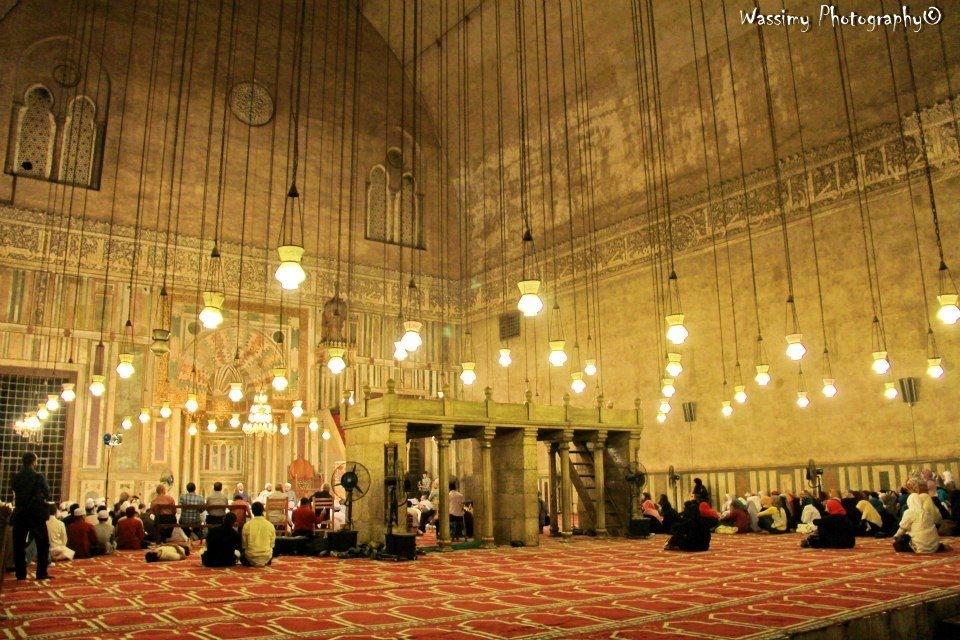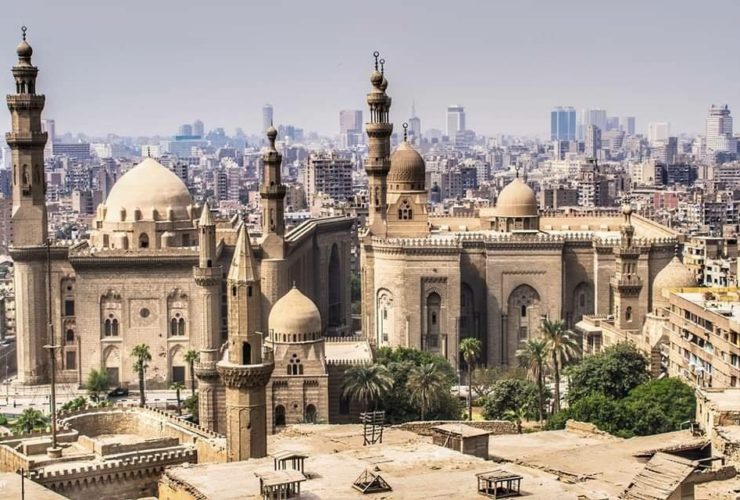Episode 09: Prophetic Models of Coexistence, Pt2
The first model of Prophetic Coexistence was life in Mecca both before revelation and afterward. The key lesson is massive amounts of patience.
Episode Notes
3:25 Life in Makka before Islam
4:26 the difference between usury and bank interest
7:20 Khadija describing the character of the Prophet
8:40 The treaty of Fuḍūl and the Prophet acting on it
11:30 He lived in the community, but was not consumed by that community
12:10 He took his cousin Ali in his house due to economic hardship
13:06 Who were the first believers?
13:45 The beginning of Prophecy
14:49 Meccans not tolerating the early Muslims
16:50 The persecution of Bilal
18:15 The first martyrs of Islam
18:41 The patience of the Prophet and the early community
20:18 The spiritual benefits of patience
23:03 The Prophet never called for arms while being persecuted
24:45 The Prophet never cut his ties with the K’aba
25:43 The difference between correct religion and literalism
Links
Quran Mentioned
The girl child asks why she was killed, 81:8
“We will test you with loss of wealth and loss of family” 2:155
“He gives Dominion to who He Wants…” 3:26
Hadith Mentioned
Ja’afar’s hadith to the Najashi, al-Tabarani
Khadija’s hadith on being a good man, etc., Muslim
“O patience family of Yasir..”, Bayhaqi
Makkans offering the Prophet to be a King, Seera Ibn Hisham
“belief in destiny; its good and its bad”, Muslim
People Mentioned
J’afar Ibn Abi Talib
Lady Khadija
Ali Bin Abi Talib
Fatima
Abu Bakr
Bilal
keep learning
Understanding the Muslim Mind
If we could take all of Islamic intellectual history, what sort of patterns and principles could we deduce? More importantly, if we found someone who actually knew all this information, what would they look like, think like, talk like, etc.?
What is Usuli Islam?
In The Clock of the Long Now, Stewart Brand argues that religion is one of the most durable institutions of civilization that helps ground us all in timeless values. In his concept of the forces of innovation (rapidly changing) and durability (slow changing) of civilization, religion would definitely be amongst the more slow adapting forces.
MORE




